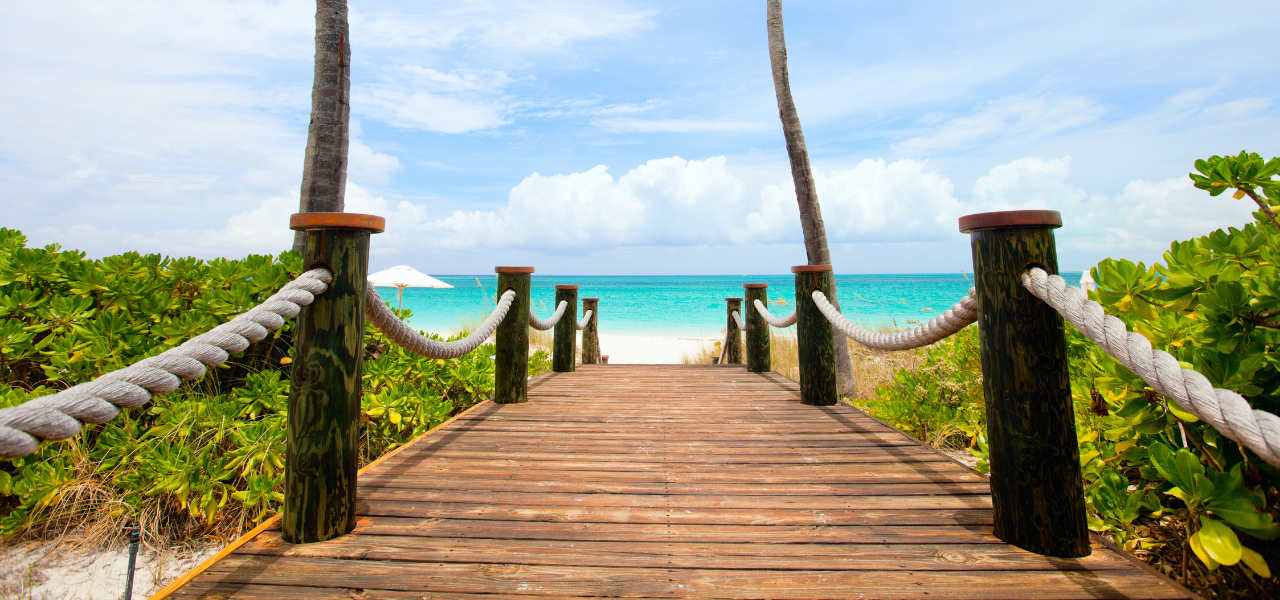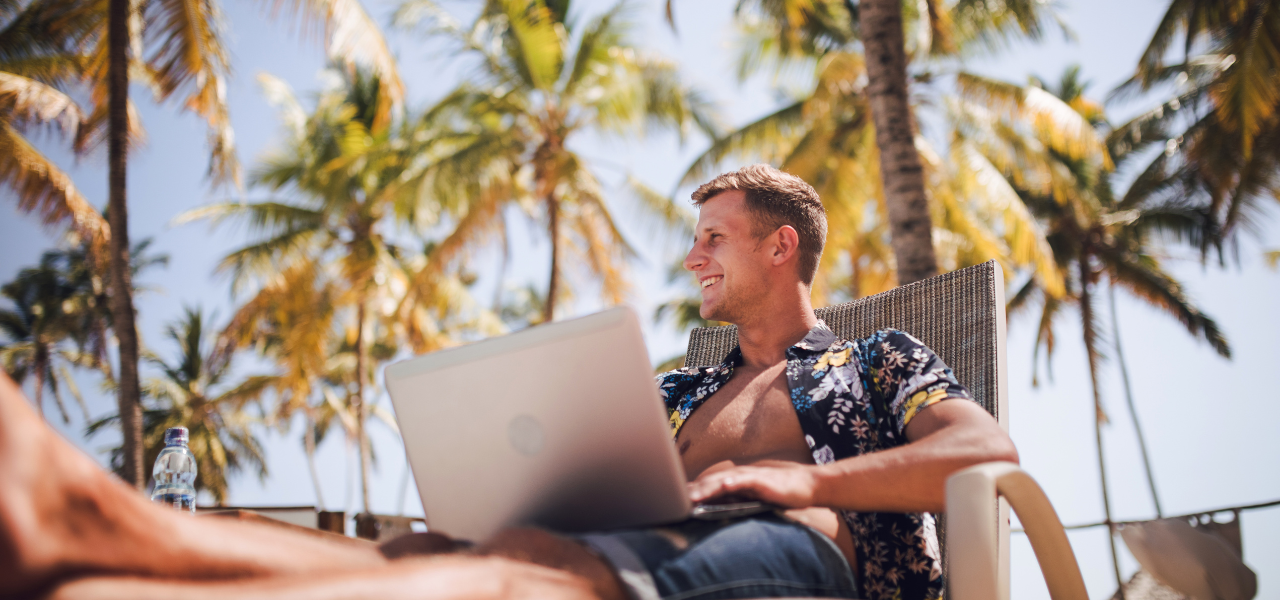Austria Citizenship by Investment
Austria is a Central European country with a high quality of life, a stable economy and low crime rates. These factors, along with Austrian citizenship, allow the holder the freedom to live, work and travel throughout the EU with visa-free or visa-on-arrival access to approximately 190 countries, making Austria a premium location for citizenship.

Austria is a Central European country with a high quality of life, a stable economy and low crime rates. These factors, along with Austrian citizenship, allow the holder the freedom to live, work and travel throughout the EU with visa-free or visa-on-arrival access to approximately 190 countries, making Austria a premium location for citizenship.
The Austria citizenship by investment programme is specifically aimed at those willing to make a significant contribution to the local economy by investing in business in Austria. As there are no fixed criteria for obtaining citizenship by investment in Austria, with qualification being determined on a case-by-case basis, an applicant will need to navigate the various government departments to determine whether they will be granted citizenship along with making their investment. The level of investment required is typically higher than for traditional CBI programmes, and the lead time for approval can be long. As such, the programme is based on Austria’s underlying ability to grant citizenship to anyone along with some guidance on how this discretion is likely to be exercised rather than a formal scheme, for example, under the Caribbean CBI programmes, which leads to less certainty whether citizenship will be granted.
Does Austria Offer Citizenship by Investment?
Austria does offer citizenship by investment, but the CBI programme is somewhat different from traditional CBI programmes, such as those in the Caribbean Citizenship by Investment Countries.
Under Article 10 of the Austrian Citizenship Act, Austrian citizenship may be awarded to persons who make a substantial contribution to the economy of Austria. Unlike traditional CBI programmes, awarding Austria citizenship by investment is solely at the government's discretion. The applicant must invest in an Austrian business that benefits the economy of Austria, such as creating new jobs, technology innovation, increasing exports, or contributing to a relevant public project.
As the award of citizenship is discretionary, and the process has a long lead time, it is essential to discuss your intention to apply and seek informal guidance from the relevant government departments before committing to the investment. Even then, it cannot be guaranteed that the application will succeed.
What is the level of investment required?
There is no minimum level of investment required. However, the minimum that is generally considered is around EUR 800,000. The investment must be an active rather than passive investment, such as real estate or government bonds.
What is the process for obtaining Austrian citizenship by investment?
The application is made to the Austrian government. The investment must be approved, and the applicant must provide standard personal documents such as a passport and birth certificate, medical certificate, and a completely clean criminal record. The applicant must also provide a CV demonstrating a sound business background together with impeccable references and documentation relating to the business.
How long does the process take?
The process typically takes around 24–36 months and involves several government departments.
Can family members also gain citizenship?
Yes, citizenship can also be granted to spouses and dependent children of the main applicant.
Is Dual Citizenship Allowed in Austria?
As a general rule, the Austrian Citizenship Act requires the applicant to renounce any other citizenships. However, applicants under Article 10 may be permitted to retain other citizenships while also becoming citizens of Austria.

Alternatives to Citizenship by Investment in Austria
Residency Options for Foreign Investors
An alternative to full citizenship in Austria is residing in the country under the various residency permits available, ranging from student permits to specific residency and work permits for various industries. There is also a scheme for ‘golden visas’ under which an applicant can obtain residency and access to the EU. The number of these is limited to around 300 per year. Applicants for a golden visa must:
- show that they have at least EUR 40,000 in liquid cash in a bank account (more if family members are also applying);
- provide proof of residential address (purchased or leased) where they and their dependents will live in Austria;
- have private healthcare insurance; and
- demonstrate German language proficiency.
Pathways to Citizenship in Austria
Alternative methods of obtaining citizenship of Austria are:
- Citizenship by descent – typically requiring that the applicant has at least one parent who is an Austrian citizen
- Citizenship by naturalisation – this requires, among other things, prior residence in Austria (10 years of continuous stay, of which 5 must be as a permanent resident), good character and sufficient resources to support the applicant and any family members. The exact requirements will vary from applicant to applicant.

Caribbean Citizenship by Investment as the Best Alternative
As you can see from the above, obtaining citizenship in Austria is a long and highly discretionary process. In comparison, Caribbean Citizenship by Investment countries offers a more certain alternative and a lower level of investment. Check our website for details of these Caribbean CBI programmes.
Final Thoughts
Obtaining Austrian citizenship by investment is a very different process from the traditional CBI programmes. Although Austrian citizenship is valuable, particularly due to the country’s membership in the EU, the programmes aimed at those who intend to live and work in Austria take a long time to complete. They often require German language skills, and the discretionary element of the process leads to uncertainty. If you want to live in Austria, and particularly if you are looking to invest significant sums and effort in Austria, the various routes are worth considering, but for investors looking for a passport for global mobility, wealth, and tax planning and a speedy process, it is unlikely that Austria is right for you.

FAQs
What types of investment qualify for the citizenship by investment programme?
Investments include those that will substantially benefit the Austrian economy, such as new businesses, an Austrian branch of an existing business, or joint ventures. As the grant is discretionary, the Austrian government determines whether an investment would qualify on a case-by-case basis. Passive investments such as real estate and government bonds do not qualify.
How much do I have to invest?
There is no minimum amount but historically an investment of at least EUR 800,000 has been required. Again, this is determined on a case by case basis.
How long does it take to process an application for citizenship by investment?
Typically the process takes 24-36 months.
What documents are required?
Alongside proof of the investment: passport and birth certificate; medical certificate; and a completely clean criminal record as well as a CV demonstrating a sound business background together with impeccable references and documents relating to the business being relied upon.
Can family members be included in the citizenship by investment application?
Yes, the spouse and dependent children can be included in the application.
Are there any residency requirements for applicants for citizenship by investment?
No, although the applicant will need to demonstrate a suitable connection to Austria and spending time in Austria will be considered when determining whether this criterium has been met.





.svg)





.png)





.png)





.png)





.png)





.png)





.png)


